From memorable inception to growth powerhouse with proven marketing strategy.
For startup founders, coming out of stealth is THE pivotal moment—all the work done behind closed doors is finally realized. There is tremendous potential energy—for attention to be captured, and growth to be maximized. Developing the right marketing strategy for a startup launch requires asking the right questions and creating a plan well before the rollout.
Magnetude has been alongside Founders on the startup journey many times over. (We were once one ourselves!) We arm clients with a roadmap and marketing engine to go from initial brand, messaging, and MVP website to full-scale launch with confidence. We’ve helped clients at various funding stages and with drastically different products and services. It’s never a one-size-fits-all approach—some companies benefit from a grand entrance, while others are best suited to a “rolling” coming-out-of-stealth mode. We’ll ensure that you have the support and preparation to kick off your company in an unforgettable way.

Your Startup Journey: The Foundations for Knock-em-dead Marketing
We call this stage marketing “mise en place.” The marketing work should be in place well before any big reveal to the public. Here are all of the areas that we consider from initial concept, through beta for products, and ensuring a solid plan for success.
Market
- Audience Personas: Sharpen the focus on the market through the lens of relevant demographics, preferences, pain points, and competitor presence.
- Target Market: Cut through the noise of the broader market by dividing it into segments of potential customers that represent the best opportunity to garner market share.
- Positioning: Carve out how your brand will stand out from competitors and attract your desired audience.
- Competitive Analysis: Unlock opportunities by assessing the products, messaging, and digital footprint of current and potential competitors.
- Partners: Identify, strengthen, and leverage partnerships that extend brand awareness, reach, and distribution opportunity.
Message
- Branding: Craft a captivating brand story, voice, and visual identity standards that attract your target market and stand out from your competitors.
- Unique Value Proposition (UVP): Stand out in the market by showcasing how your product or service uniquely fulfills customer needs better than the rest.
- Messaging: Solve pain points and provide value with tailored messages that resonate with target audiences and express your unique value.
- Content Strategy: Chart a course to attract, engage, convert, and retain the target audience(s) through content that speaks directly to your ideal buyer profiles.
Mechanism
- Marketing & Launch Plans: Map out detailed tactics for launch and ongoing marketing– including timelines, demand gen and supporting campaign components, budgeting, and resource allocation.
- Content Creation: Bring the planning to life through engaging collateral, social, web, and lead nurture assets that deliver value to your audience at each stage of their buyer journey.
- Website Development: Transform your digital store with a new or refreshed online presence that weaves in messaging to help guide your prospective customers along the buyer journey.
- Campaigns: Elevate brand and product/service visibility with targeted marketing campaigns that create awareness, generate leads, and drive conversions.
Rollout
- Internal Alignment: Get everyone on the same page and ensure all departments and stakeholders are aware of and understand their role in the brand and product/service launch objectives and strategies.
- Sales and Partner Enablement: Equip sales and partner teams with marketing assets and tools, competitor information, and training that support and motivate their success in selling the brand.
- Measurement: Evaluate the effectiveness of campaigns against key performance indicators (KPIs) and business goals to optimize campaigns and inform future strategy adjustments.
Frequently Asked Questions
What is the best way for a startup to build brand awareness?
Startups can build brand awareness by focusing on a multi-channel marketing approach. This includes leveraging social media, creating valuable content (like blogs or videos), engaging in PR efforts, and participating in community events or partnerships. Additionally, paid advertising such as social media ads or Google Ads can be effective for getting immediate exposure, while SEO (Search Engine Optimization) helps with long-term visibility.
How can a startup create an effective marketing strategy on a limited budget?
Startups should prioritize cost-effective marketing channels like social media, content marketing, and email marketing. Focusing on organic growth through SEO, social media engagement, and word-of-mouth can help build momentum without spending heavily. Leveraging free or low-cost tools for scheduling posts, analyzing data, and managing campaigns is also important. Start with clear goals and target audiences to ensure resources are used efficiently.
When should a startup start investing in paid advertising?
Startups should consider investing in paid advertising once they have a clear understanding of their target audience and have refined their product-market fit. Before investing, it’s important to have a strong landing page, good user experience, and a strategy for tracking conversions. Paid ads are especially effective when you need to accelerate growth, launch a new product, or validate key assumptions about your audience.
What marketing channels are most effective for startups?
The most effective channels vary based on the type of B2B startup and target audience, but common ones include social media platforms like LinkedIn, X, Reddit, Discourse and others (depending on your audience), content marketing (blogs, podcasts), email marketing, and search engine marketing (SEO and Google Ads).
How can a startup measure the effectiveness of its marketing efforts?
Measuring the effectiveness of marketing efforts starts with setting clear KPIs (Key Performance Indicators). Common metrics include website traffic, conversion rates, customer acquisition cost (CAC), return on ad spend (ROAS), social media engagement, and email open/click-through rates. Tools like Google Analytics, social media insights, and CRM software help track these metrics. Regularly reviewing performance against goals ensures the marketing strategy stays on track.

















